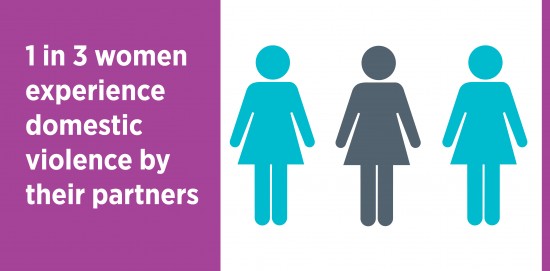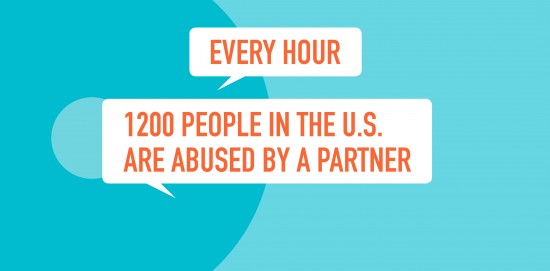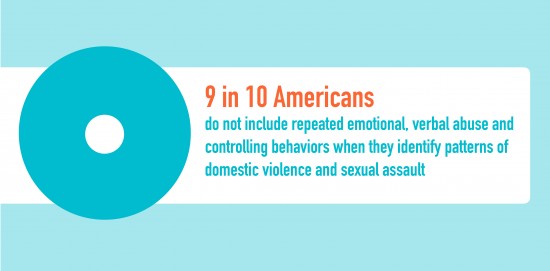August 18, 2015
Physical, sexual or psychological harm inflicted by a current or former partner or spouse: that’s the definition of intimate partner violence (IPV) according to the Center for Disease Control and Prevention (CDC). Stopping this kind of violence before it begins often means addressing behaviors children learn during their earliest years of development.
Educational programs to help stop this cycle of violence are crucial. IPV survivors may not realize the full extent of the mental and physical harm done to themselves, nor understand its impact on their children and other family members. Without intervention and education, there is a high probability of...
July 9, 2015
When you think you know someone experiencing abuse, how can you help?
First and foremost, be a present listener. Do not try to “fix” the victims’ problems. Your responses will not be their responses. Encourage them to reach out for help. Be prepared to offer phone numbers. Let the person know you are concerned for their safety. Offer suggestions without being judgmental. Again, be a present listener.
Also, be aware acts of domestic violence are not always physical and not always immediately recognizable. Abusers can start to control their victims slowly and subtly and, by the time victims realize they are in...
April 27, 2015
“Sexual assault is a serious problem on college campuses, and it is important that rape victims feel comfortable stepping forward. It saddens us to think that their willingness to do so might be diminished by our failings.” - Will Dana, Managing Editor of Rolling Stone
When Rolling Stone magazine, in the wake of withering criticism from Columbia School of Journalism, retracted its story on an alleged rape at the University of Virginia, it was seen as a serious blow against an already disproportionately vulnerable group: college survivors of sexual assault.
34 percent of completed rapes and 45 percent of attempted rapes take...
DOMESTIC VIOLENCE HELPLINE: 877.863.6338
SEXUAL ASSAULT HELPLINE: 888.293.2080
















